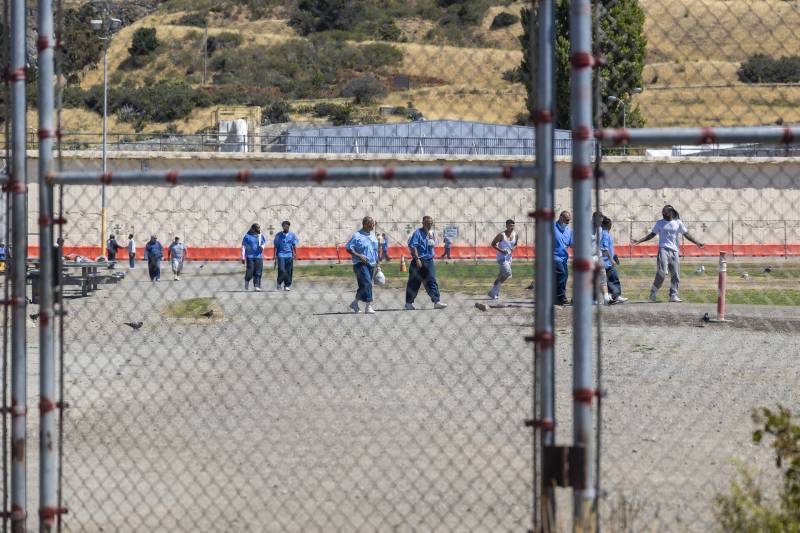The California Supreme Court today upheld limits on when young people convicted of serious crimes are eligible for parole hearings, finding that a man convicted of a 1989 slaying cannot seek parole under recent policy changes that were meant to give more inmates a shot at leaving prison.
The statute allows people between the ages of 18 and 25 convicted of certain crimes to seek parole at their 15th, 20th and 25th years of incarceration, except for people sentenced to life in prison without the possibility of parole after age 18.
That was the case for Tony Hardin of Los Angeles, who was 25 when he robbed and killed an elderly neighbor 35 years ago.
A jury convicted him of first-degree murder and agreed with prosecutors that the crime was a “special circumstance” — in this case, the murder was committed during a robbery. The jury declined a death penalty verdict and sentenced Hardin to life without parole.
In 2013, the Legislature passed a bill that required parole hearings for people convicted as juveniles by their 25th year of incarceration but made an exception for those sentenced to life without parole. In 2017, the Legislature expanded that law to include everyone convicted of an offense committed when they were 25 or younger, but once again left in the exception for people in prison for life without parole.
